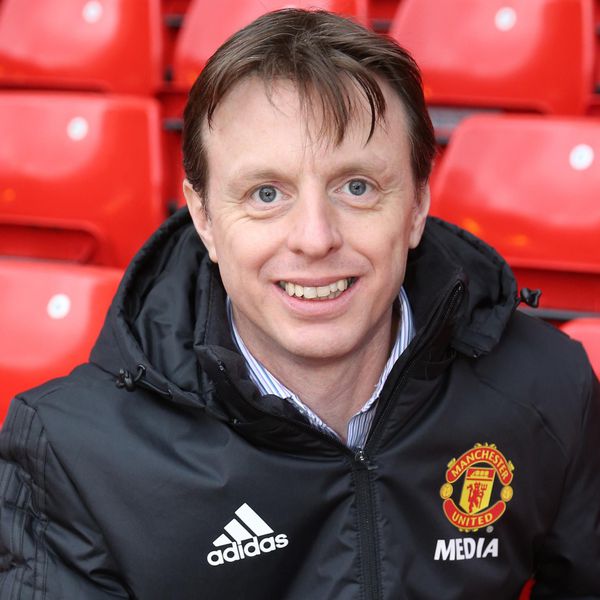4,000-up for United in landmark match
Manchester United’s game against Everton marks the 4,000th consecutive match in all competitions, where the club has had a homegrown player in the matchday squad.
In the first game following the outbreak of peace, Carey, Pearson and Hanlon were all in the side against Grimsby Town, the first named by boss Matt Busby. The new manager’s commitment to youth would fuel the continuation of the run, as he began to nurture his ‘Babes’ and create a blueprint for the future.
Charlie Mitten, John Aston and Johnny Morris became influential performers and helped the club lift the FA Cup in 1948. The following decade would usher in the new wave of Babes from the successful teams that won the FA Youth Cup in the first five years of its existence.
Bobby Charlton made his debut in 1956 but the Munich Air Disaster, two years later, would devastate the club. Seven of the eight players who lost their lives were homegrown talents with the world at their feet. The rebuilding would still lean heavily on the youth system, with survivors Bill Foulkes and Charlton becoming hugely influential, ably supported by a certain young Northern Irishman, in George Best, who quickly made his mark.
The league title was secured in 1965, with Nobby Stiles and David Sadler also making an impression, before the crowning glory at Wembley in 1968, when Benfica were defeated 4-1, after extra time, in the European Cup final. United became the first English team to lift the trophy and the scorers Charlton (2), Best and, on his 19th birthday, Brian Kidd, were all youth-team products.
In the 1980s, we welcomed Norman Whiteside and Mark Hughes off the production line, two powerhouses who became firm crowd favourites under Ron Atkinson. The two combined for Whiteside to curl the 1985 FA Cup final winner against Everton, while Hughes was always the man for the big occasion. Alex Ferguson’s arrival as manager, in 1986, would only help strengthen the connection with our youth system and keeper Gary Walsh was his first homegrown debutant in only his sixth match in charge.
A sprinkling of so-called ‘Fergie Fledglings’ helped keep the run going and Hyde-born Lee Martin scored the winning goal in the 1990 FA Cup final replay against Crystal Palace, the first piece of silverware in Ferguson’s incredible reign. The following year, Ryan Giggs made his debut and would go on to become our record appearance maker.
Reading this in our app? If not, you might miss some exclusive features not found on ManUtd.com. Download the Official App here.




